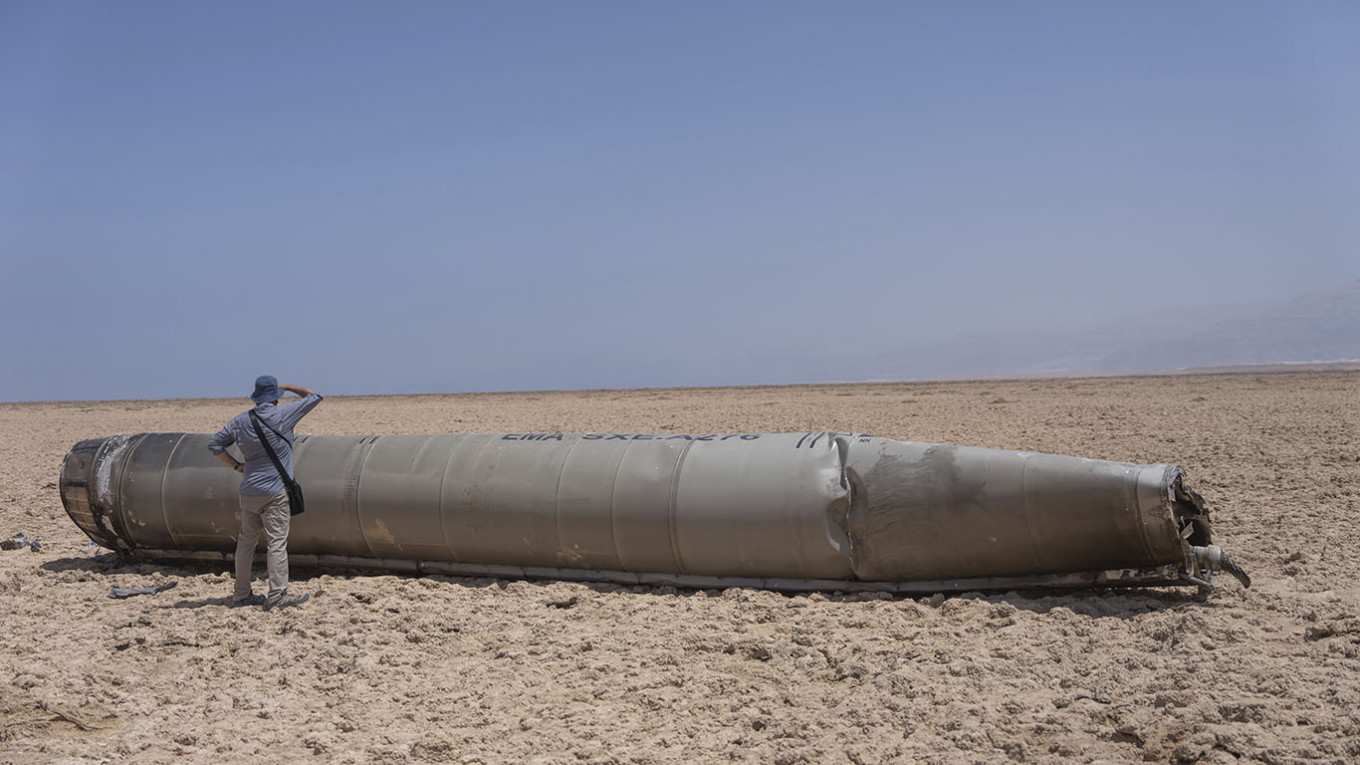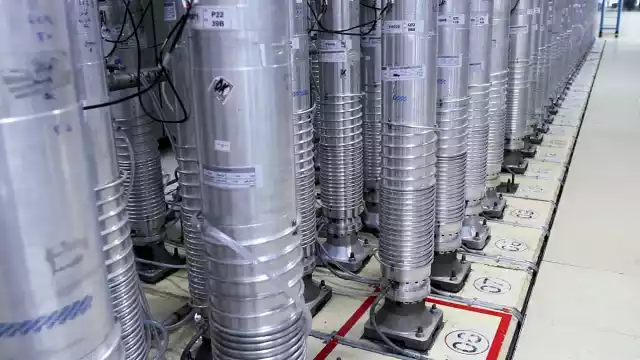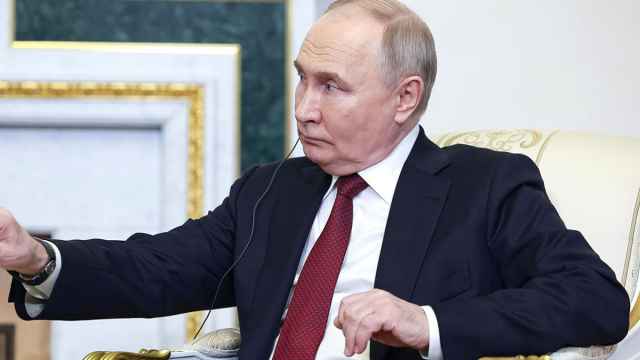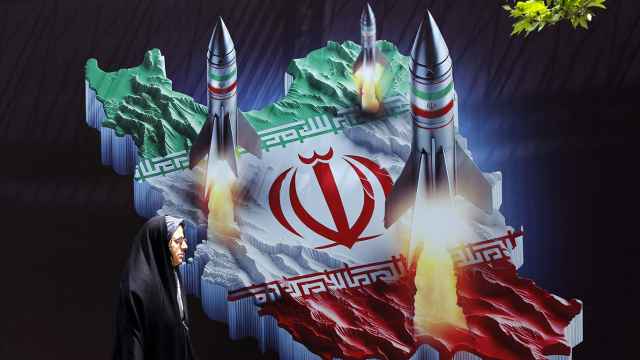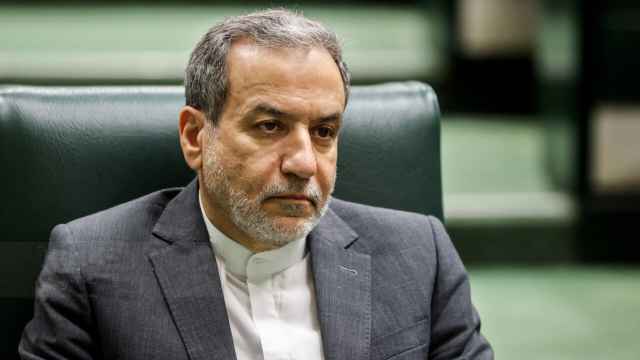A group of Iranian scientists linked to Tehran’s nuclear weapons program secretly visited Russia in August 2024 to seek out dual-use technologies with potential military applications, the Financial Times reported Tuesday, citing internal documents, correspondence and travel records.
The five-member delegation was led by nuclear physicist Ali Kalvand, a senior figure in Iran’s Organization of Defensive Innovation and Research (SPND), which the U.S. government describes as a successor to Iran’s pre-2003 nuclear weapons effort.
Kalvand and his team, including members of the sanctioned Iranian procurement firm DamavandTec and a military counterintelligence officer, met with Russian researchers and visited companies specializing in sensitive technologies.
During the trip, the Iranians reportedly inquired about tritium, an isotope used in both civilian and military applications, including boosting the yield of nuclear warheads.
In a letter sent prior to the visit, DamavandTec requested tritium, strontium-90 and nickel-63 from a Russian supplier.
Though it remains unclear whether the materials were delivered, proliferation experts told the FT that even a meeting tied to SPND was cause for concern.
The delegation also visited Russian nuclear and electronics research centers including facilities connected to Oleg Maslennikov, a physicist known for his work on klystrons — devices used in both particle accelerators and nuclear diagnostics.
One visited firm, Toriy, manufactures electron accelerators and klystrons similar to those used in nuclear test simulations.
Experts told the FT that it is unlikely the delegation could have toured such sites without approval from Russia’s FSB.
The trip raises questions about whether Moscow, amid growing geopolitical isolation, is softening its historical opposition to Iran acquiring nuclear weapons.
Among the delegates were individuals previously sanctioned by the U.S. for connections to Iran’s nuclear and missile programs.
One attendee, Rouhollah Azimirad, is a radiation expert at Malek Ashtar University, an institution sanctioned by the EU for military ties.
Another, Soroush Mohtashami, specializes in neutron generators, key components in some types of nuclear weapons.
The visit came amid increased scrutiny of Iran’s nuclear activities. While U.S. intelligence has said Iran has not formally resumed its nuclear weapons program, officials warn Tehran is preserving the technical knowledge to build one quickly if it chooses.
The Israeli military announced in June that it had struck the “headquarters of the SPND nuclear project” for the second time during its ongoing campaign against Iran. Among the casualties, according to Israeli officials, were several nuclear scientists, including Mohtashami’s mentor.
Russia has long maintained it opposes a nuclear-armed Iran, but analysts told the FT that Moscow may now be more willing to share sensitive knowledge as part of its shifting global alliances.
Neither the Iranian government nor the Kremlin responded to the FT’s requests for comment.
A Message from The Moscow Times:
Dear readers,
We are facing unprecedented challenges. Russia's Prosecutor General's Office has designated The Moscow Times as an "undesirable" organization, criminalizing our work and putting our staff at risk of prosecution. This follows our earlier unjust labeling as a "foreign agent."
These actions are direct attempts to silence independent journalism in Russia. The authorities claim our work "discredits the decisions of the Russian leadership." We see things differently: we strive to provide accurate, unbiased reporting on Russia.
We, the journalists of The Moscow Times, refuse to be silenced. But to continue our work, we need your help.
Your support, no matter how small, makes a world of difference. If you can, please support us monthly starting from just $2. It's quick to set up, and every contribution makes a significant impact.
By supporting The Moscow Times, you're defending open, independent journalism in the face of repression. Thank you for standing with us.
Remind me later.


